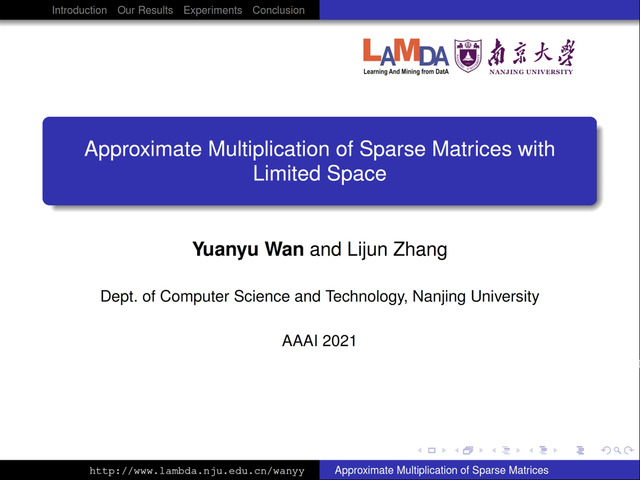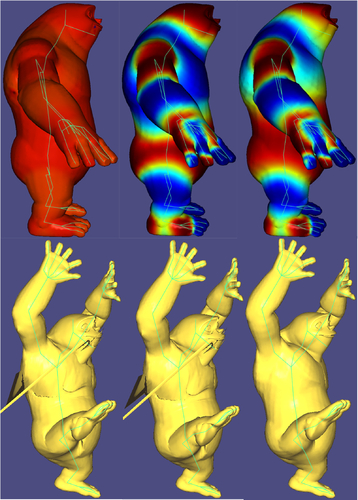Abstract:
In order to compute fast approximations to the singular value decompositions (SVD) of very large matrices, randomized sketching algorithms have become a leading approach. However, a key practical difficulty of sketching an SVD is that the user does not know how far the sketched singular vectors/values are from the exact ones. Indeed, the user may be forced to rely on analytical worst-case error bounds, which do not account for the unique structure of a given problem. As a result, the lack of tools for error estimation often leads to much more computation than is really necessary. To overcome these challenges, this paper develops a fully data-driven bootstrap method that numerically estimates the actual error of sketched singular vectors/values. In particular, this approach allows the user to inspect the quality of a rough initial SVD, and then adaptively predict how much extra work is needed to reach a given error tolerance. Meanwhile, from a computational standpoint, the proposed method incurs only minor cost, because it operates on the (small) output of a sketching algorithm, and it requires no passes over the (large) matrix being factored. Lastly, the proposed method is supported by theoretical guarantees and a very encouraging set of experimental results.









































